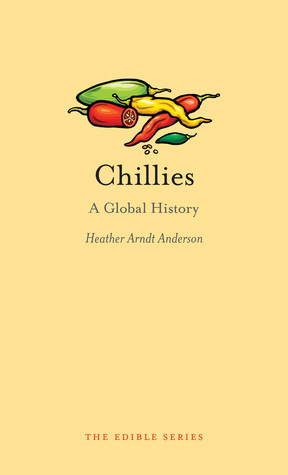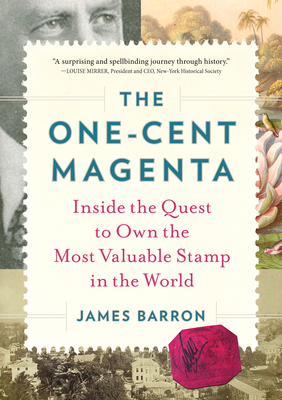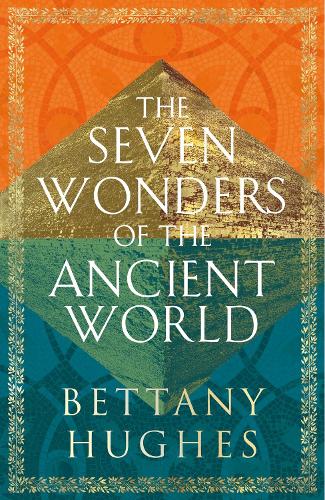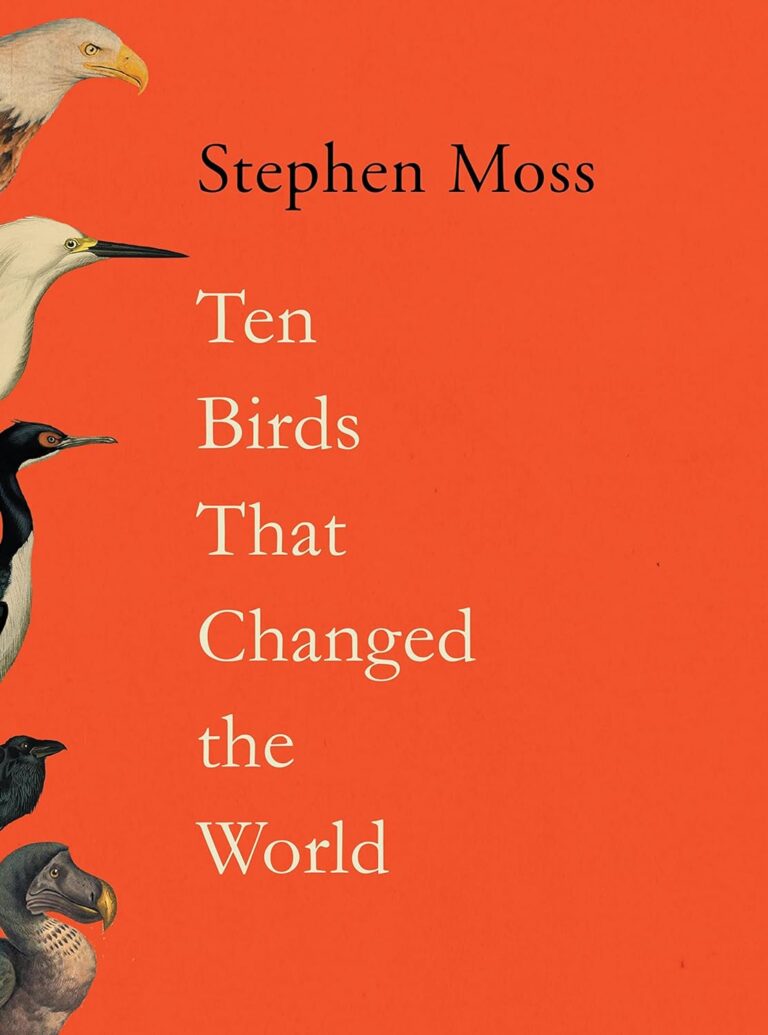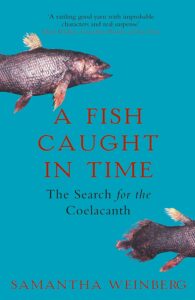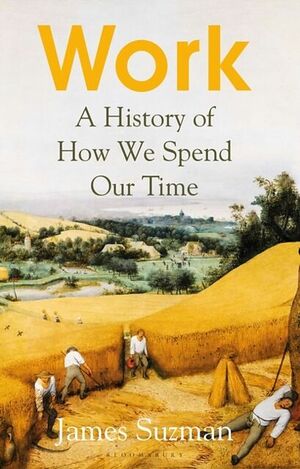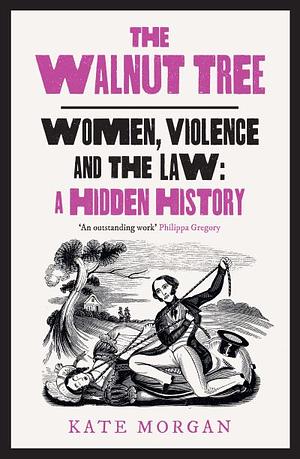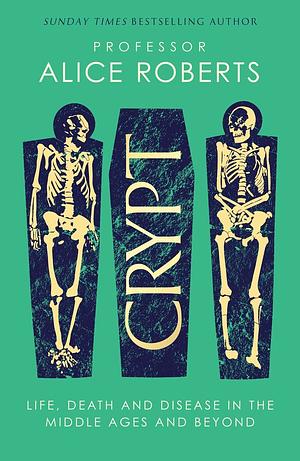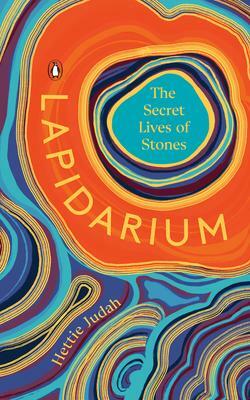
Lapidarium: The Secret Lives of Stones
by Hettie Judah
Genres: History, Non-fiction, SciencePages: 336
Rating:

Synopsis:Inspired by the lapidaries of the ancient world, this book is a beautifully designed collection of true stories about sixty different stones that have influenced our shared history
The earliest scientists ground and processed minerals in a centuries-long quest for a mythic stone that would prolong human life. Michelangelo climbed mountains in Tuscany searching for the sugar-white marble that would yield his sculptures. Catherine the Great wore the wealth of Russia stitched in gemstones onto the front of her bodices.
Through the realms of art, myth, geology, philosophy and power, the story of humanity can be told through the minerals and materials that have allowed us to evolve and create. From the Taiwanese national treasure known as the Meat-Shaped Stone to Malta’s prehistoric “fat lady” temples carved in globigerina limestone to the amethyst crystals still believed to have healing powers, Lapidarium is a jewel box of sixty far-flung stones and the stories that accompany them. Together, they explore how human culture has formed stone, and the roles stone has played in forming human culture.
Hettie Judah’s Lapidarium is a really beautifully presented book. Not just the cover (though yes, that’s gorgeous), but with the coloured tabs on the sides of pages, the organisation of it, the colour images, etc. I feel like the only thing is lacking there is more realistic images of the various stones, rather than just one canonical image — and especially images of some of the sculptures and examples the stories refer to.
The text itself varies a bit: some stones are more interesting than others. It luckily doesn’t feel like she’s just shoehorning everything into the same space: some stones get a couple more pages than others, while some are short and sweet.
Overall, it’s lovely to look at and there were some interesting titbits, but I feel like it gets more points for presentation than content! Not that the content is bad, either, but it’s very bitty and disconnected, there’s no overarching narrative, and that makes it a book designed for dipping in and out of more than anything.
Rating: 4/5



